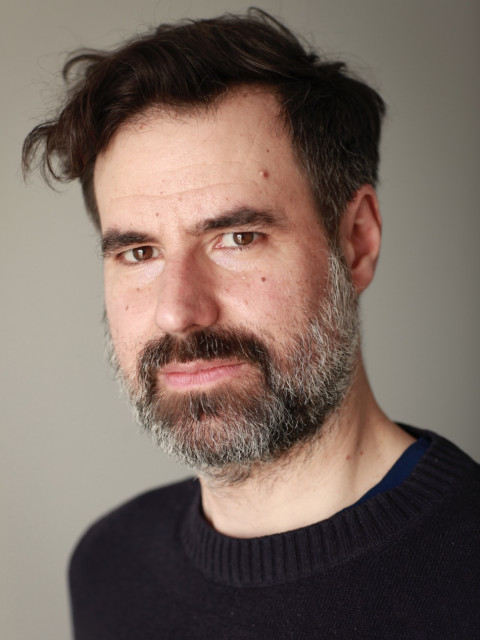“Strike Anywhere” is a video essay that takes as its point of departure Swedish “Match King” Ivar Kreuger, whose privatization of financial crisis management strategies bears a direct relation to late-twentieth century policies implemented by the IMF and WTO. Between 1917 and 1932, Kreuger capitalized on shifts in global financial markets to control over 200 companies and establish matchstick monopolies in at least 34 countries. At the height of his success, Ivar Kreuger was worth approximately 30 million Swedish kronor (the equivalent of 100 billion USD today) and had matchstick monopolies in at least 34 countries. The project is both a prehistory of neoliberal economics and an allegory about social relations and desire in the wake of global capitalist expansion and excess.Visually, “Strike Anywhere” incorporates previously unseen archival photographs, corporate charts and documents, and documentary sequences staged for the camera or observed during research and everyday life. The sequence of the piece is organized loosely as a passage between different spaces and the conflictual meanings these spaces produce––including the Swedish National Archives, the former company headquarters(still known today as the “Match Palace), and two match factories continuously in operation since the early 1900s. The project juxtaposes footage of these factories with interviews with two Kreuger researchers. Both men espouse views, accumulated over years of unrecognized research, that differ from the popular histories of Kreuger in Sweden or the United States. Through a juxtaposition of these interviews with the present-day match manufacturing process, the film depicts the extant factories as carryovers from an older form of industrial capitalism. The factories have persisted while the world around them has shifted, in part due to financiers similar to Kreuger. Conceptually, “Strike Anywhere” is a spatio-temporal diagram where visual and linguistic articulations of power point to the instability between archival document and event, iconography and cultural memory, present tense and historical remove. These structures of depicting and interpreting the world – charts, testimonies, and photographs alike – stand as subjective, deliberate, and equally susceptible to attempts at ideological revision. In realizing the layered structure of “Strike Anywhere,” we are interested in provoking a counter-historical dialogue about collective rethinking of economic and political possibilities in the present. Populus Tremula & Strike Anywhere are part of series of projects by Benj Gerdes & Jennifer Hayashida entitled “Room of the Sun.”
Rent this work for public screeningsThe Cold War is Over. Let's Eat!
Benj Gerdes
1998, 00:06:51


